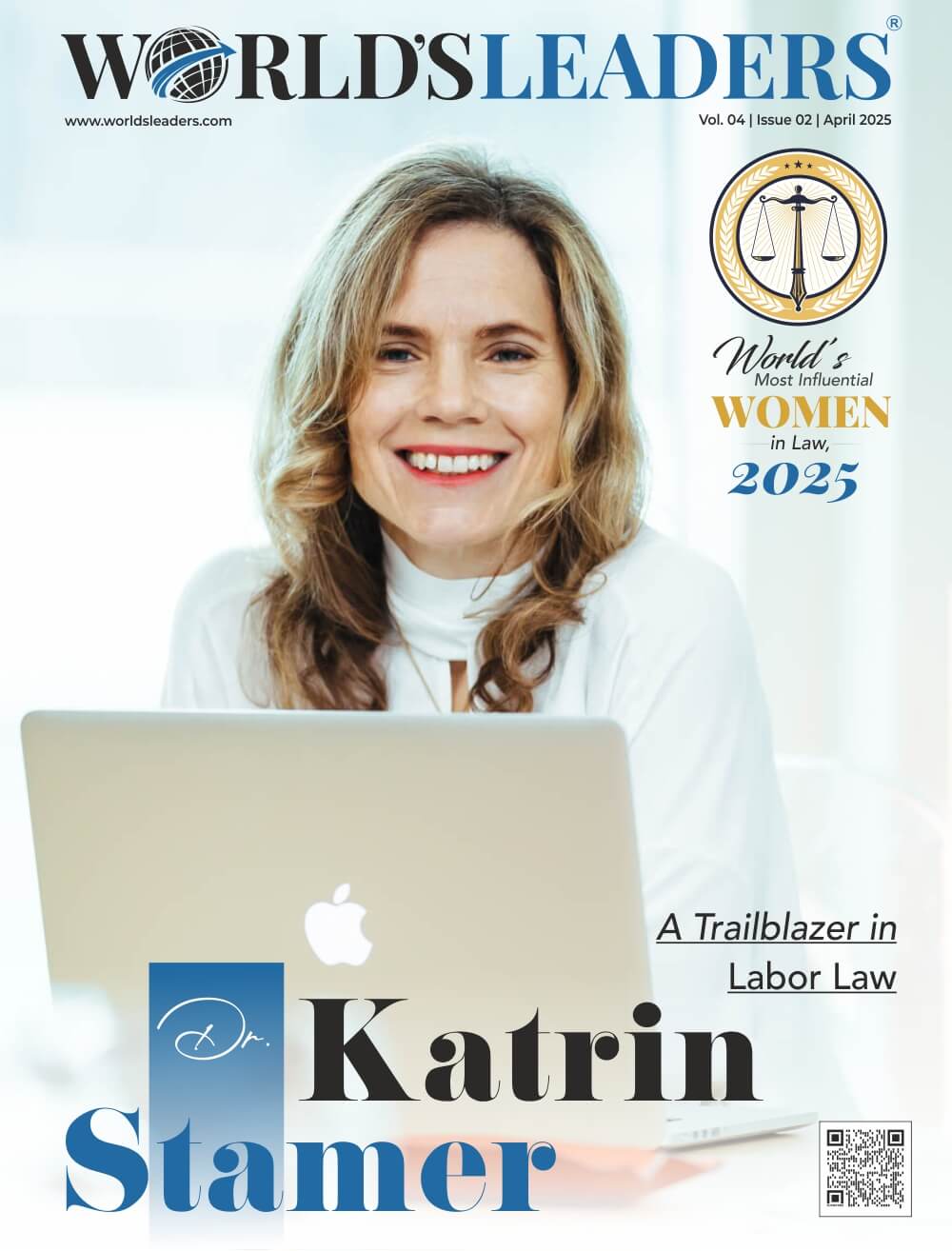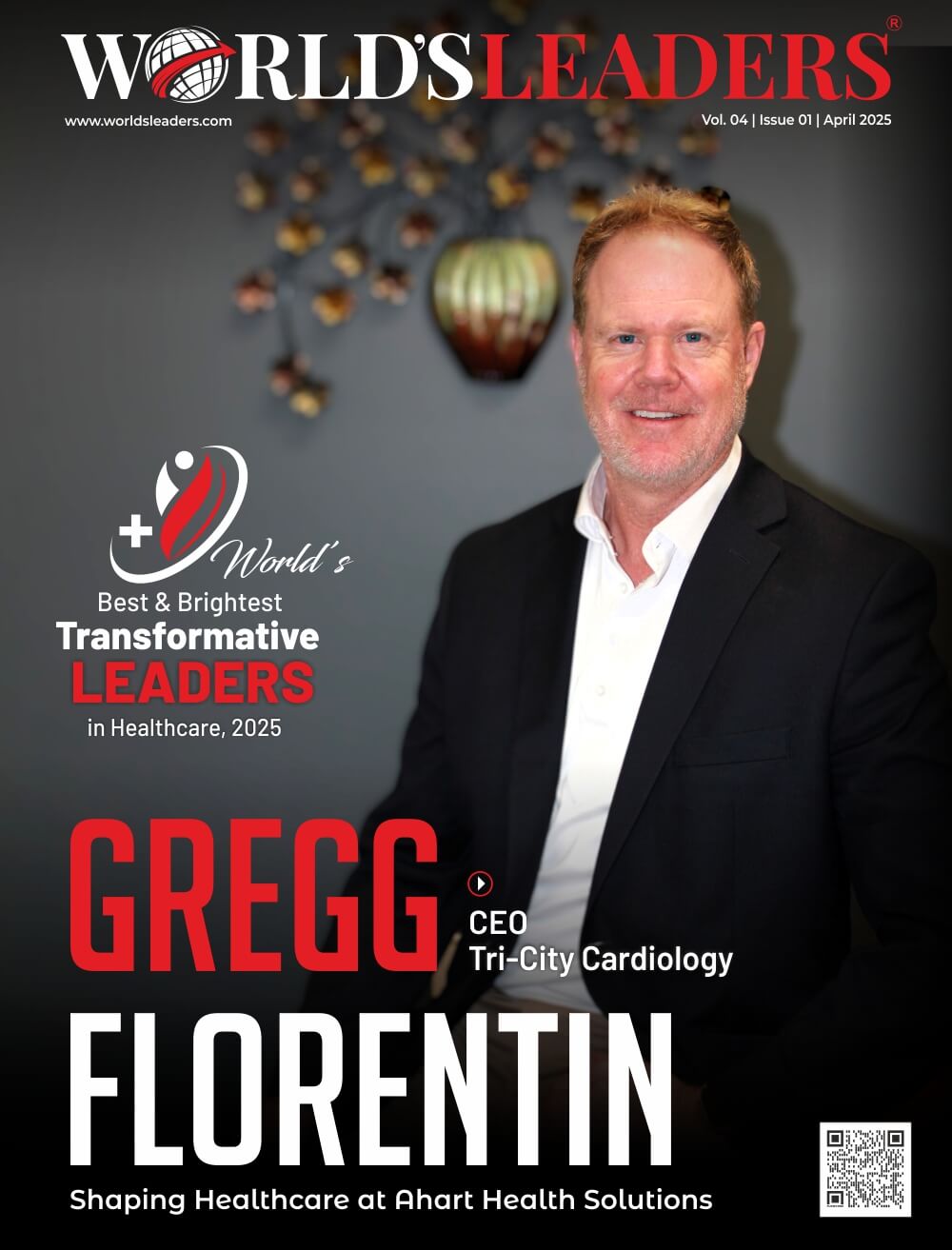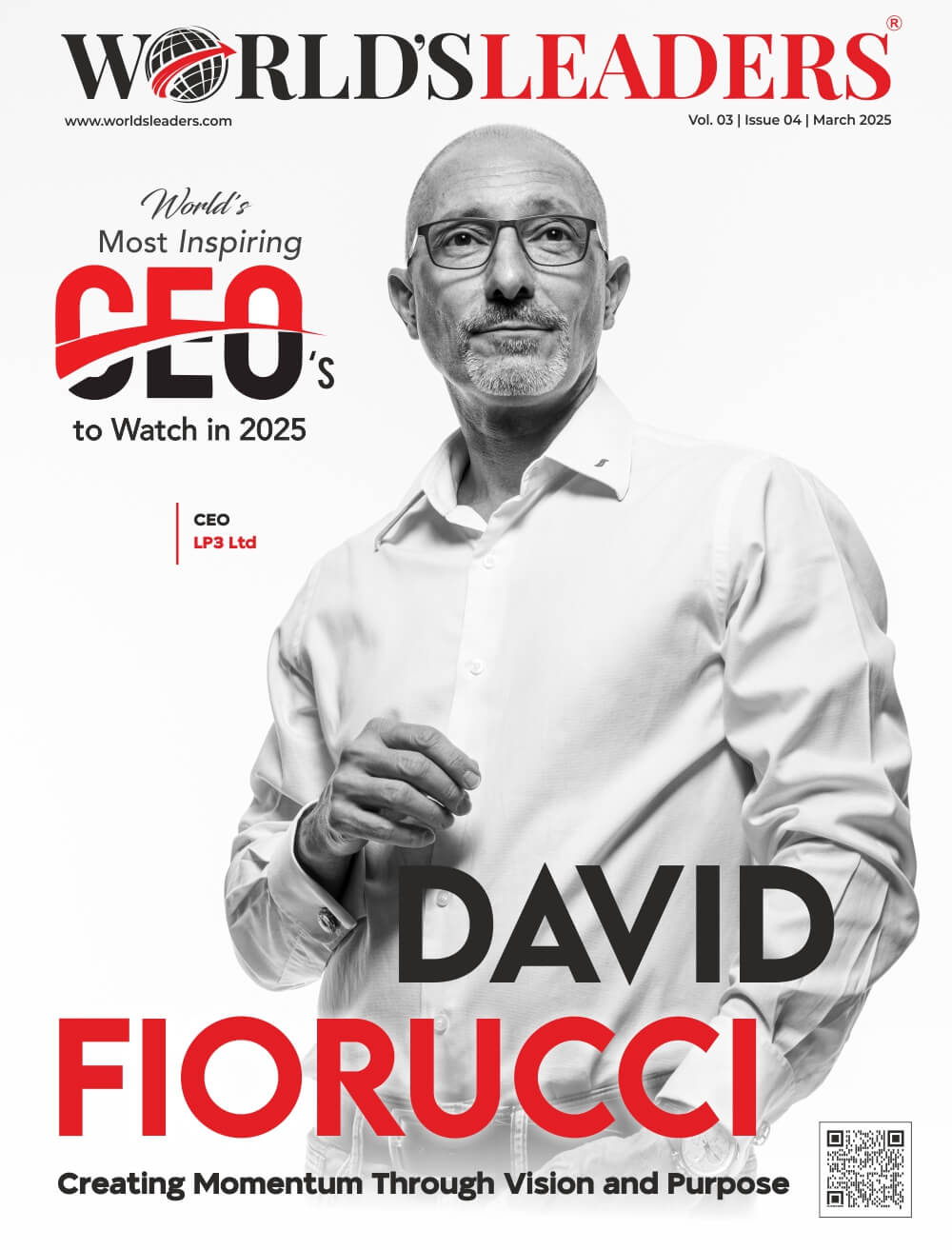Public, the trading software that last year blasted the contentious payment-for-order-flow practise, has devised a new way to provide free trades: sell access and data to public corporations and ETF sponsors.
Hundreds of retail investors congregated on trading app Public.com in early February to pick the brain of high-profile stock-picker Cathie Wood via the platform’s chat function, many of them beginners obsessed with meme stocks and seeking to learn more about the market.
The stock market had just endured its worst month since the pandemic-induced crash in March 2020, and one user, who had begun investing last year and purchased AMC stock during its big 200 percent run-up in May, opened the event by asking: “How would you advise someone who dreams of the future but wakes up to a gloomy market?”
“While market volatility may be high in the short term, we would emphasise the significance of having a medium to long-term time horizon,” Wood, the CEO of New York City investing firm Ark Invest, which offers exchange-traded funds focused on growth and innovations, answered. She also underscored Ark’s strong prediction that the market value of disruptive innovators like Tesla will increase to $210 trillion by 2030, up from $14 trillion in 2020. Hundreds of questions were sent to Wood, who only responded to a few dozen.
The Q&A, which was one of Public’s first town hall events, has since been viewed more than 2.7 million times on the app, and about 20 other companies have signed up to hold their own town halls, which are a hallmark of Public’s new product, Pulse, including tax software firm Intuit, language-learning app Duolingo, and fintech lender Affirm. Pulse, which debuted on Tuesday, has three key products for businesses wishing to interact with and learn from their retail investors: Town hall meetings, surveys, and statistical insights about trading activity are all available.
“As retail grows in dominance, investment applications like Public now have this cumulative audience they can contact,” says Public Co-CEO Leif Abraham, comparing Pulse to investor relations for the modern investor.





